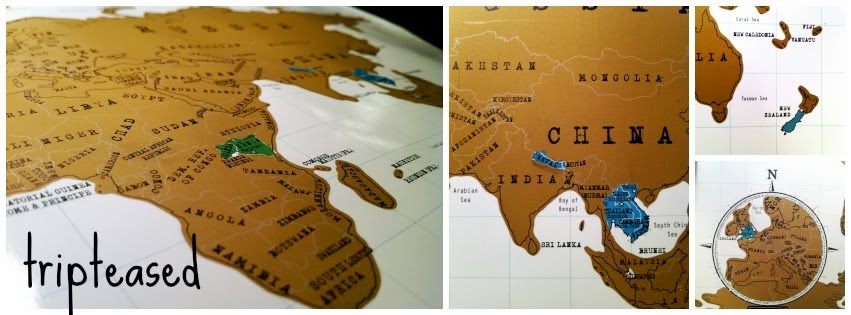 |
| Photo credit: P Shum, Uganda |
A thick bubble swells in my chest when I think of the weight of water. For a family in Lemolo, Kenya, there's a crushing lack of access to clean water. When you are denied the most basic of life-sustaining resources, every new day is the same old struggle - calculating each drop of water needed for your family and the arduous journey to the nearest source to collect it and carry it home. It is exhausting, painful and time-consuming. In many communities, women will spend more time walking for water than anything else in their life.
A nearby river is the village's main water source, and this water is not necessarily clean, safe or constant. The journey itself takes two and a half hours - each way. On average, each family makes two trips a day to meet their water needs.
Climate change threatens longer and more frequent droughts in an already dry environment, making collecting water from the shrunken river even more difficult. When it does arrive, rain - instead of being a welcome relief - introduces a new fear: sickness. Heavy raindrops stir up sediment from the river bed, unfiltered and undrinkable. Farm waste and chemicals runs off the land, into the water source and bit by bit into food, and the mouths of families and children.
The responsibility to walk for water falls to children, particularly girls, at a young age -
providing for your family starts when you can carry a jerry can of water
back along the dusty paths.
School becomes a distraction from the things you need to do to help support your family. It's estimated that 400 million children have their access to education interrupted by a lack of clean water.
There are no instant answers or fixes in an isolated and under-resourced community like Lemolo. The residents here were allocated land by the government and it's a far cry from their home in the Mau Forest. Growing up in the fertile, forested lands, which is also the largest water catchment area in Kenya, life was deeply intertwined with its natural habitat - the environment provides and the people respect that.
After being pushed from their homes in the Mau Forest, nearly six years of homelessness in an IDP camp and a turn in Kenyan bureaucracy, an entire community was transplanted to an alien landscape and climate. Lemolo is a dry stretch of uneven land at the end of a dirt road that is more potholes and ditches than anything else.
A lack of water constrains the growth and development of a village. It keeps families apart for hours each day during the journey to fetch something that runs freely and instantly out of my tap. Water is a new community's symbol of progress. It can mean education, nutrition, health, and an independence that comes from being able to live off the land. When sourcing water takes ten of your family's waking hours, the need will always outweigh the means.
So we, ten trekkers from seven countries, aimed to lighten the load, carrying the challenges of the 39 million people in Kenya who don't have access to clean water with us to Mt Kilimanjaro. Now, instead of following mountain trails, we are tracking the progress of a water project that will benefit 750 families in Lemolo.
Beyond the instant relief of water, the impact of this project goes deeper. Each donation we received will at least triple in its worth - for every $1 invested into safe drinking water, the estimated return for the community is between $3 - $34, thanks to improved education, lower healthcare costs and the ability to start earning an income.
There will be challenges along the way for Lemolo, but these will be taken in stride knowing that a stable, thriving life lies ahead for a community that has hung in uncertainty for so long. With less time fetching water and more time with the people they love, the focus for Lemolo can now be on living and making a life, instead of staying alive.
When I think of trekking Mt Kilimanjaro and the impact that journey had on me, this is the story I want to tell.
 |
| The results of a similar water project we funded in 2013 nearby at Giwa Farm. |






























